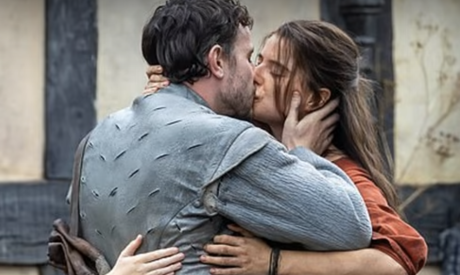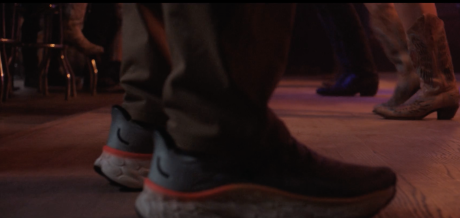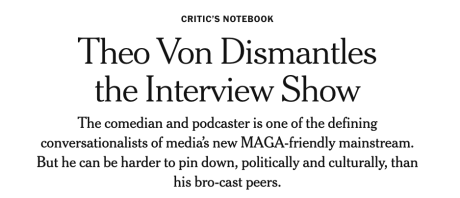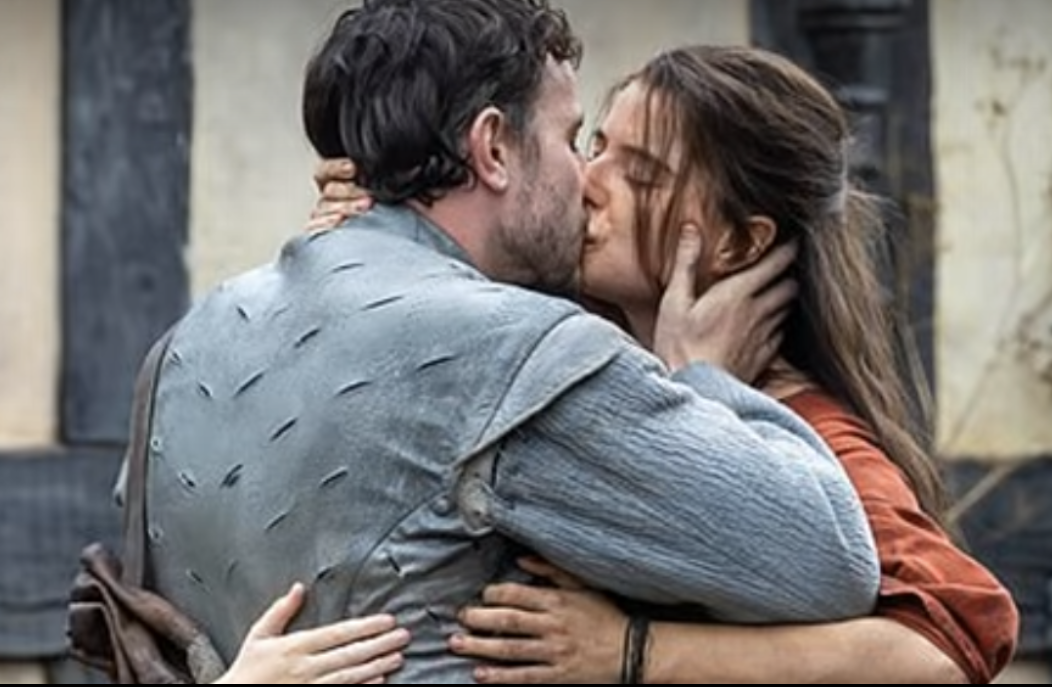Unless the text of Maggie O’Farrell’s 2020 novel has been significantly departed from, Chloe Zhao‘s Hamnet (Focus Features, 11.27), co-written by O’Farrell and Zhao, is basically a hard-knocks feminist saga about Agnes Shakespeare (Jessie Buckley) coping with the indignities of 16th Century married life and the pitalls of dealng with a flaky, wistful husband.
It’s especially about the tragic death of Agnes’s 11-year-old son, Hamnet (Jacobi Jupe), from the plague in 1596.
And what of Hamnet’s dad, otherwise known as Agnes’s illustrious playwright hubby William Shakespeare (Paul Mescal)? Does he figure in the plot? Sure, of course he does…O’Farrell wouldn’t have written the book and the award-contending movie would’t be coming out if it wasn’t for The Bard’s towering reputation. But Will is a kind of secondary character in this thing. The movie is mainly about the angst of Agnes.
Hamnet is therefore a feminist wokey thang…co-written and directed by a woman…do the math. Wokey movies generally focus upon or celebrate (a) women, (b) LGBTQs and (c) POCs while portraying straight white guys as bad or weak apples. I haven’t seen Hamnet, but unless O’Farrell’s book has been totally thrown out the window, the film almost certainly qualifies in this regard. Agnes is Mother Courage, and Will is one weak, needy, selfish twat.
And yet three years after Hamnet’s passing, Will wrote Hamlet, a tragedy about an indecisive Danish prince whose name was fairly interchangable with that of Will’s late son.

Hamnet will probably debut at the Venice Film Festival, or a good three months before it opens.
Here are excerpts from online commentary about O’Farrell’s book — source #1 is from the Amazon “Hamnet” page, and source #2 is The-Bibliofile,com’s Hamnet page.
(a) “O’Farrell’s ‘Hamnet’ is a work of historical fiction, with a lot of emphasis on the word fiction. And is largely told with a focus on Agnes…Agnes and Anne being commonly interchangeable names at the time.”
(b) “Most people who know anything about Shakespeare know that his son Hamnet died, and Hamnet’s death was a deciding, changing factor in Shakespeare’s life, for good or ill. They also know that his married years with Anne/Agnes were largely spent apart from each other, and seem to have deteriorated for reasons unknown to time. We know she was a few years older than he. We also know she was almost certainly pregnant with their first child at the time of their marriage.”
(c) “‘Hamnet’ imagines Agnes as a child of nature — also a psychic and, in a way, according to the views of the times, a witch. She’s clearly smitten by Will, but as a result of this attachment and their marriage she gives up much of her own free thinking, and her own lifestyle, and other things that make her happy, all for love of this man. Well, what woman of the late 16th century did not do this? If you were a woman of this era, no matter how much you loved the man you married (or even if you didn’t love him at all), marriage meant the [spiritual] death of the woman. ‘Hamnet’ is an incredible exploration of that, emotionally.”
(d) “It is an introspection of a woman NO ONE knows, and he — Will — is a supporting character — and yet, brilliantly, at the same time, he is the main character. Because the planets circled him, not her. He’s portrayed as self-absorbed and troubled and needy — and at least in my own imagination, I can see him being all of those things.
(e) “The character of William Shakespeare in this book is humanized and made smaller. I understand why O’Farrell might want to do that, to avoid writing yet another tribute to the greatness of the towering figure of William Shakespeare. But this aspect of the book wasn’t entirely satisfying to me. Unlike his portrayal in the book, ultimately, Shakespeare wasn’t just a guy who became financially comfortable writing plays. Instead, he wrote masterpieces and a lot of them.
(f) “There’s very little in the book indicating that Will is or was a brilliant person. Instead, he’s depicted as a disappointment to his parents, an absent father, a weakling and kind of an unmotivated loser in general, all of which made it hard for me to view this as a story that was about Shakespeare at all.
(g) “I understand this wasn’t intended to be an origin story about William Shakespeare, but I also can’t imagine that this useless lump of a man described here would become the mythological creature that he is.”







